Collaboration
Awards
Are you a graduate student, post-doc, or early career researcher who wishes you could get some committed time to discuss a project or career plans with a more senior researcher in the field you might not yet have a relationship with? This award is for you!
This award provides funding for graduate students and post-doctoral fellows to build a relationship with an additional senior mentor at a different institution for the purpose of collaborating or advising on an existing project or grant application, getting advice on a future study design, analysis, or a manuscript in preparation, and/or get advice on navigating a career in science.
The award (to be split between advisors and trainees) will support the forging of a new mentor-mentee relationship that did not previously exist. We’ve found that the most successful junior faculty candidates in recent years often had outside senior colleagues they were able to lean on for advice and support through their years of training. However, these relationships can be challenging to initiate on your own and depend on having social connections that provide access to these mentors. This award is intended to eliminate these barriers to access and incentivize these relationships by compensating everyone involved financially for their investment in the relationship.
Each proposal must include:
- a one paragraph description of the applicant’s research program and the type of mentoring the applicant is seeking and why.
- a brief description of how the proposed research project addresses Alzheimer’s disease and related dementias (ADRD) or health disparities.
- a brief description of the proposed mentor (i.e., who will provide mentorship in what way and why this individual).
- a budget.
- a mentor statement of commitment.
The applicant will submit the proposal but both the applicant and the mentor will receive their own award. The budget should include the amount of time the applicant and mentor will spend together. For example, the funds allocated to the mentor could use that mentor’s existing consultant rate (either hourly, e.g., $100/hr or by the day, e.g., $300-$1000/day). The maximum award amount across both applicant and mentor is $3500.
No letters of recommendation are required but a statement of commitment by the mentor must be included with the application. This can be as simple as a PDF’d email saying something like, “I agree to mentor so-and-so for <dates> on <project>. We will meet <for this much time, this often>”. The mentor must be at a different university than the applicant, and the project must in some way inform our understanding of decision making across the life span as well as address ADRD and /or health disparities.
Applications set to open Nov. 1, 2024
Awardees
2024
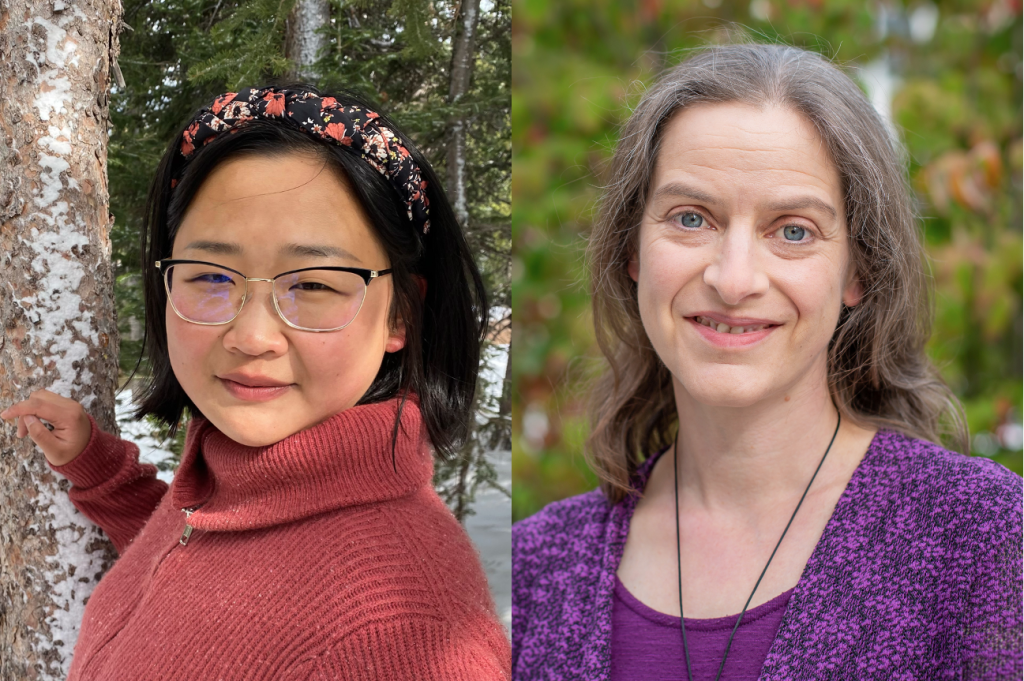
Enna Chen (Stanford University) will work with Corinna Loeckenhoff (Cornell) to examine how age, gender, and ethnicity of ADRD patients and caregivers are associated with their seeking and avoidance of information on advance care planning.
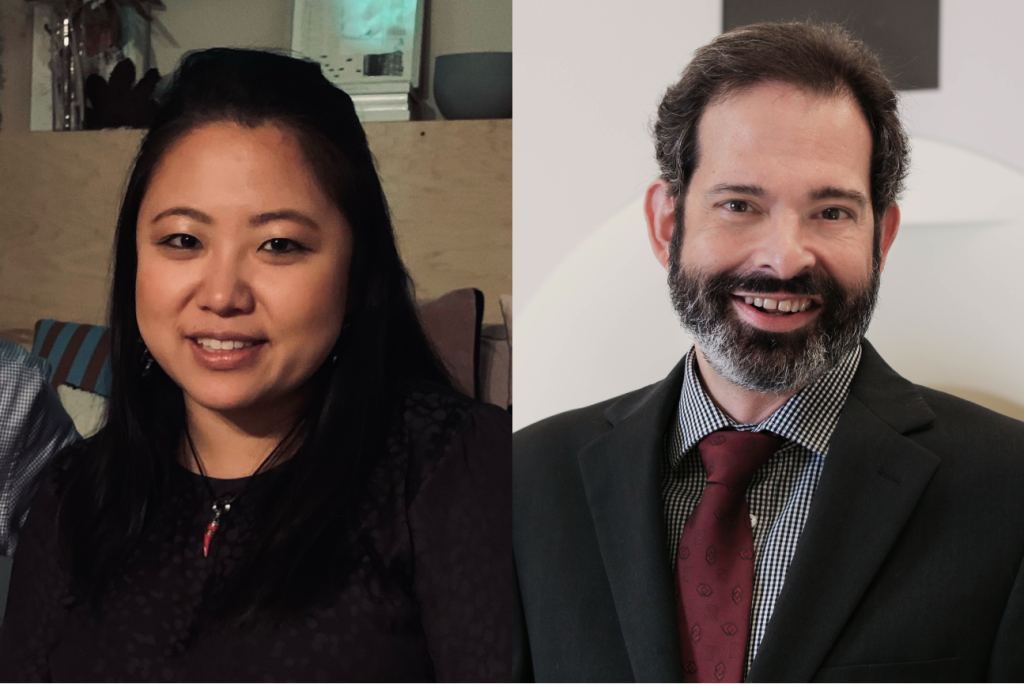
Jayden Lee (Vanderbilt Medical Center) will work with David Zald (Rutgers) to investigate socioemotional dysfunction as a risk factor for financial exploitation vulnerability in Alzheimer’s disease and behavioral variant frontotemporal dementia using naturalistic tasks and fMRI.
2023
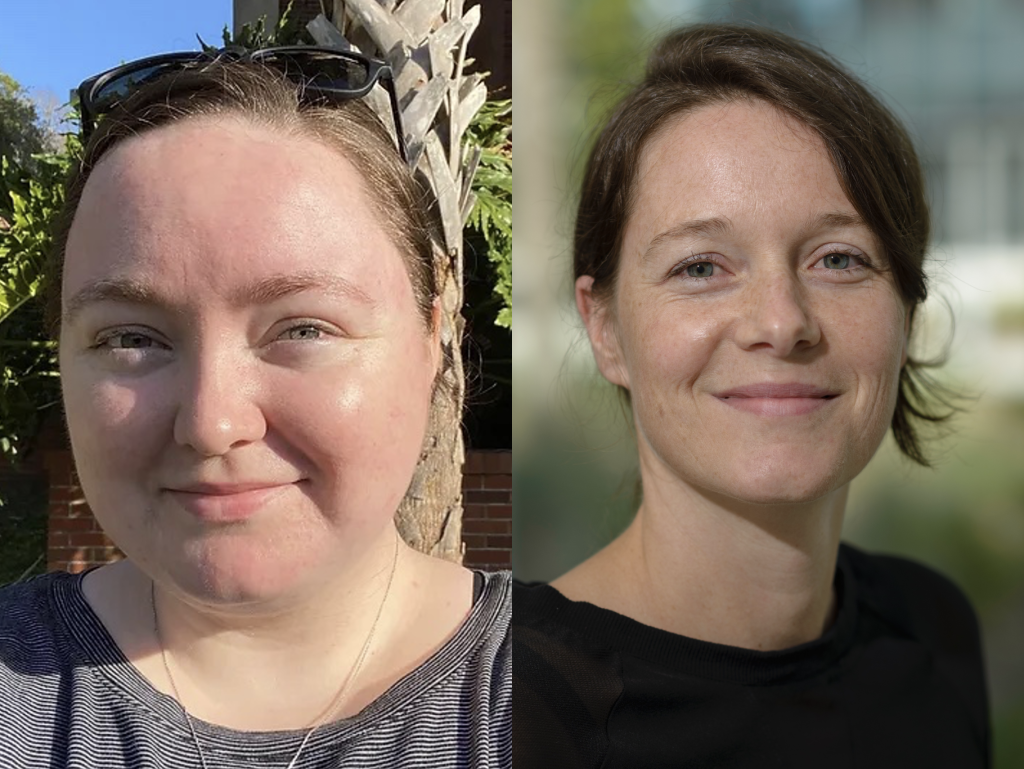
Colleen Hughes (Montreal Neurological Institute) will collaborate with Natalie Ebner (University of Florida) to examine how brain aging, as measured by functional network analysis during rest and task states, relates to older adults’ decision-making in actual and simulated deception contexts.
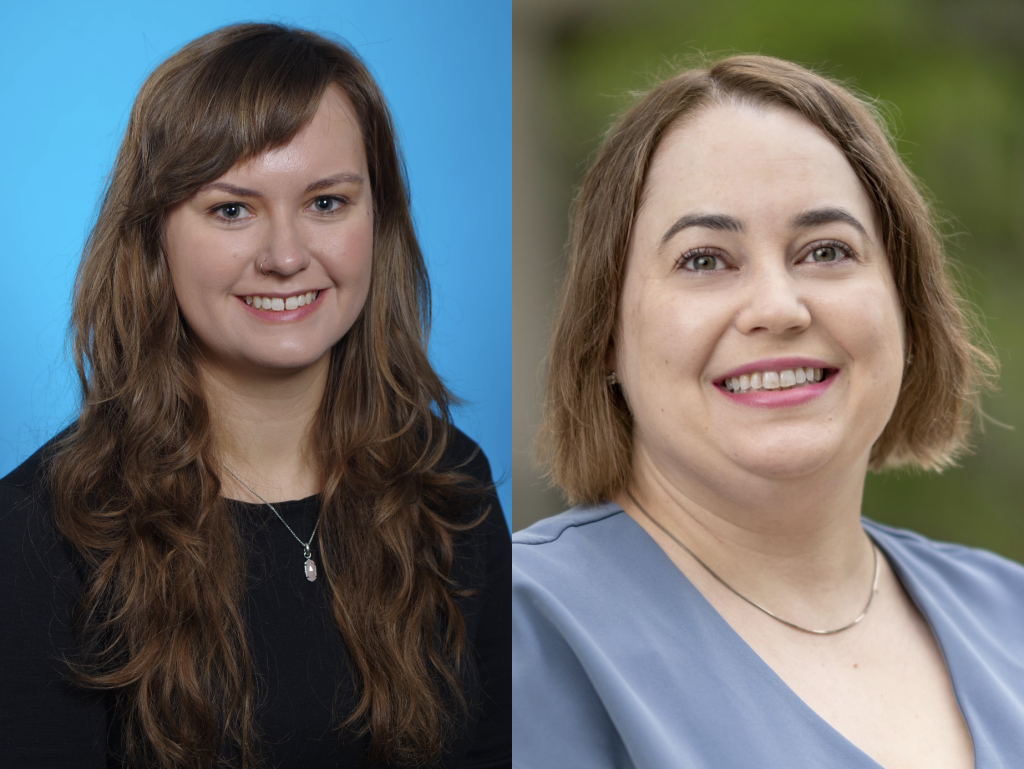
Jessica Udry (Georgia State University) will collaborate with Lisa K. Fazio (Vanderbilt) to examine differences between older and younger adults in the effectiveness of misinformation interventions on reducing judgments of belief in online misinformation.
2021
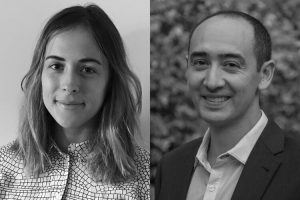
Hayley Brooks (University of Denver) will collaborate with Robb Rutledge (Yale) to examine the relationship between temporal context in risk-taking and affective experiences, and the ways these relationships change across the lifespan in a dataset of 47,067 users of the smartphone app, the Great Brain Experiment.
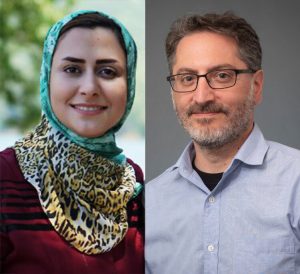
Elaleh Zendehrouh (Georgia State University) will collaborate with David Salat (Harvard) to examine associations between the brain age gap (mismatch between chronological age and brain age based on dynamic functional network connectivity estimated from resting-state fMRI) and measures of cognition and decision making.
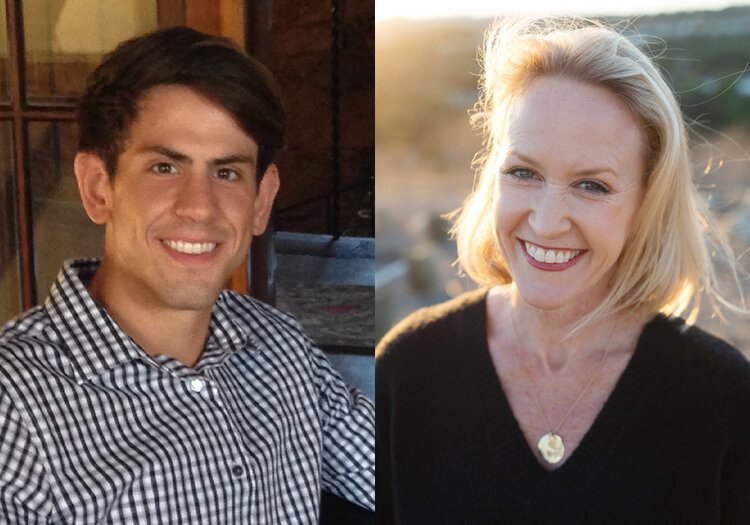
Tyler James Wishard (UCLA) will collaborate with Alison Burggren (Oregon) to examine the influence of hippocampal subfields in financial decision making across the lifespan using the Lifespan Human Connectome Project Aging Study.
2019
Daisy Burr (Dartmouth)
Anastasia Buyalskaya (California Institute of Technology)
Zhihao Zhang (UC Berkeley)
Tanisha Hill-Jarrett (Michigan)
Debbie Yee (WashU/Brown)
Andrea Mejia (University of Florida)
2018
Daisy Burr (Dartmouth)
Lindsay Conner (University of Central Florida)
Marilyn Horta (University of Florida)
Sharon Noh (University of Texas Austin)
Sara Fernandez Rodriguez Cabello (University of Salzburg)
Shai Porat (University of Southern California)
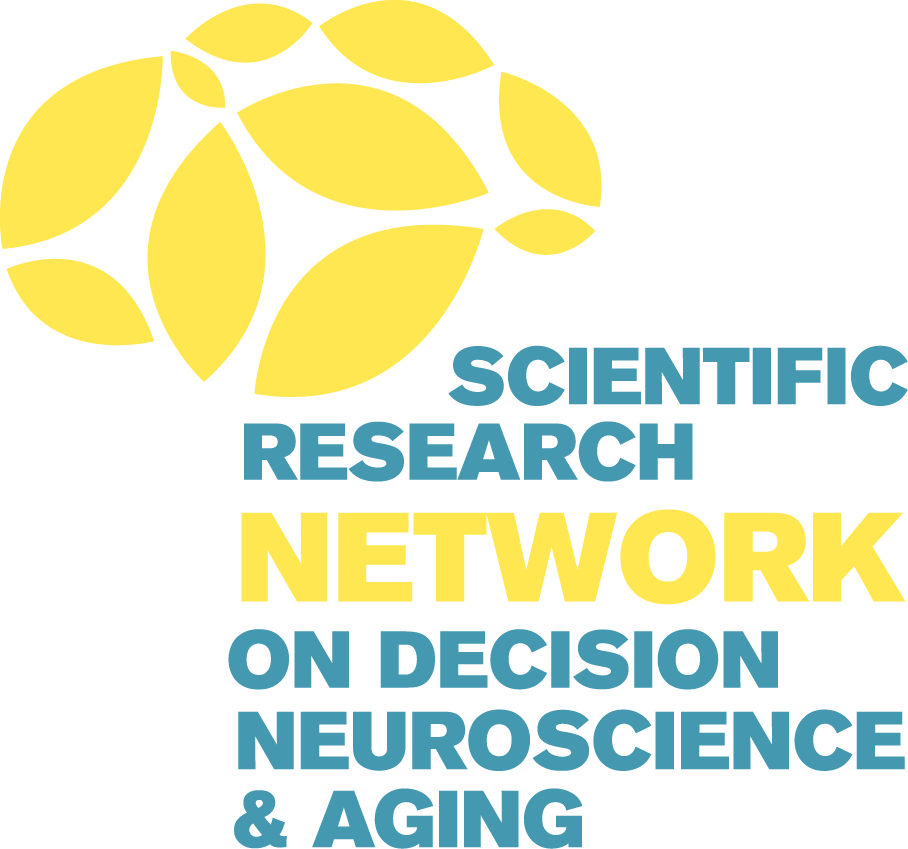
You must be logged in to post a comment.